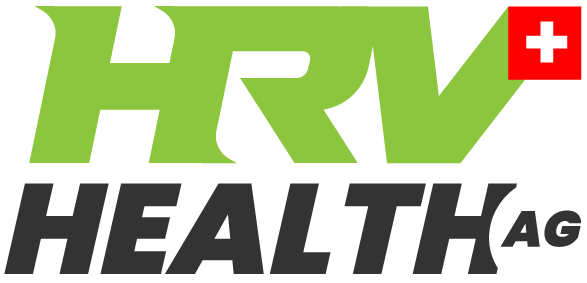A recent long term study[1]Underlying Medical Conditions and Severe Illness Among 540,667 Adults Hospitalized With COVID-19, March 2020–March 2021 from the CDC established that of the 540,667 of patients who were hospitalised, 94.9% had at least one underlying condition. Essential hypertension (50.4%), disorders of lipid metabolism (49.4%), and obesity (33.0%) were the most common.
In a earlier article[2]COVID-19 is here for the long term, we explain how the vaccine will not protect people who have underlying conditions in the long term.
Another recent study[3]Comparing SARS-CoV-2 natural immunity to vaccine-induced immunity: reinfections versus breakthrough infections reveals that the vaccines efficacies decline after six months, and more importantly, that that natural immunity confers longer lasting and stronger protection against infection, symptomatic disease and hospitalisation caused by the Delta variant of SARS-CoV-2 than vaccination.
There is a significant body of research [4]HRV Health research that establishes the link between compromised immunodeficiency and reduced heart rate variability. To our knowledge, although there is no research yet published that establishes a direct link between high risk COVID infections and reduced heart rate variability(HRV), there is little doubt that it exists.
It stands to reason that making lifestyle choices to raise HRV levels reduces susceptibility to hospitalisation and possible death from COVID. Measuring the improvement of HRV levels adds tangible incentive to the commitments involved.
At present age is used to distinguish people at risk from COVID-19, discriminating against people who lead a healthy lifestyle. HRV is a far more accurate measure, and not only determines who amongst the older population are not at risk, but also the younger that need protection from the virus.
Using this distinction, it becomes possible to isolate the ‘at risk’, while restoring normality to the rest of the population. And the ‘at risk’ have the choice to restore their lives through adopting a lifestyle that raises their HRV and improves their health.
References
